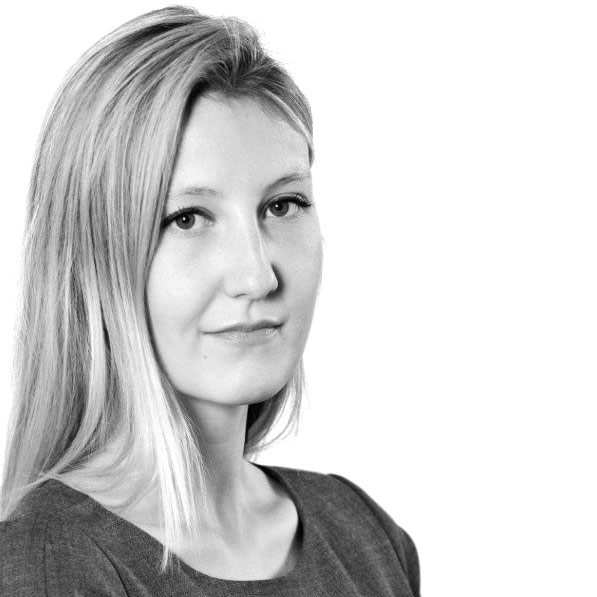Internet of Things gets greener and more democratic
What developments will lead the conversation in 2022 around the deployment of IoT-based solutions?
Worldwide consumer Internet of Things (IoT) revenue is predicted to almost quadruple to €408.7 billion by 2030 from €107.2 billion in 2019, according to preliminary findings from a European Commission sector inquiry. Moreover, there are expected to be some 8 billion consumer internet and media devices worldwide by 2030, while the number of voice assistants is expected to double by 2024 to 8.4 billion from 4.2 billion in 2020.
The figures from the preliminary report from the Commission's sector inquiry into IoT for consumer-related products and services demonstrate the dramatic growth that is already under way in the market and can be expected to continue over the decade. They point also to the scale of legal challenges, from both a commercial and regulatory perspective, that will be at the core of the deployment of any business model related to these technologies.
Greener IoT and blockchain
One crucial development is the interplay between the technology-based and traditional sectors via IoT solutions. Not only are IoT solutions currently available that are capable of addressing data capture, but they can also help companies meet their net-zero goals through the use of building automation systems or digital twins.
Blockchain has been perceived as a technology that generates significant levels of energy consumption due to its use of two main platforms that need to validate transactions through a consensus method. However, blockchain technology can be used in carbon trading to ensure the reliability of transactions, and the use of IoT-compatible smart sensors can increase the ability to properly measure carbon footprint. The development of smart contracts in this context and in light of the data generated by IoT devices can play a role in meeting carbon-emission targets.
Setting up proper contractual structures and data ownership schemes will be crucial developments.
Data democratisation
Connectivity of non-IP-based networks to the internet is one challenge that needs to be solved. Dedicated hubs or gateways that allow data exchanges, among others, will be needed. The deployment of 5G and the telecom carriers' increasing interest in playing a central role in the IoT market could lead to new product offerings through partnerships that can handle arising issues, such as preventing cyberattacks and empowering users about the use of their data.
Considering that most of the IoT solutions are cloud-based ones, the role of the European Alliance for Industrial Data, Edge and Cloud would also play an important role in helping establish interoperability, portability and reversibility, and openness and transparency.
Further opportunities will appear with the final adoption of a Data Governance Act in the European Union, which will facilitate the reuse of public sector data, the appearance of data intermediation services, and the setting up of adequacy decisions for transferring non-personal data to non-EU countries.
Recovery and resilience
Most EU countries have based their recovery and resilience plans on the digital transformation of traditional sectors that may facilitate the deployment of last generation connectivity and the implementation of IoT schemes and solutions both in public and private sectors.
The identification of these opportunities in sectors in each country will benefit the implementation of IoT in the public sector, such as healthcare, where public procurement rules operate. Traditional industries will be also affected positively, although regulatory requirements could arise in the implementation phase of IoT projects.
Connect with one of our experts

Samuel Martínez, Lead author Lawyer, Spain samuel.martinez@osborneclarke.com +34 91 576 44 76

Laurens Dauwe Counsel, Belgium laurens.dauwe@osborneclarke.com +32 515 93 72

Laurène Zaggia Senior Associate, France laurene.zaggia@osborneclarke.com +33 1 84 82 45 98

Gianluigi Marino Partner, Italy gianluigi.marino@osborneclarke.com +39 02 5413 1769

Xavier Pican Partner, France xavier.pican@osborneclarke.com +33 1 84 82 45 88